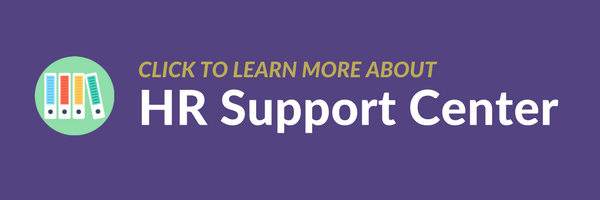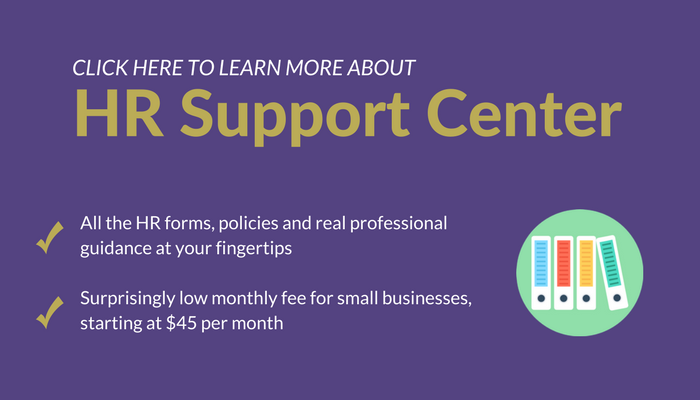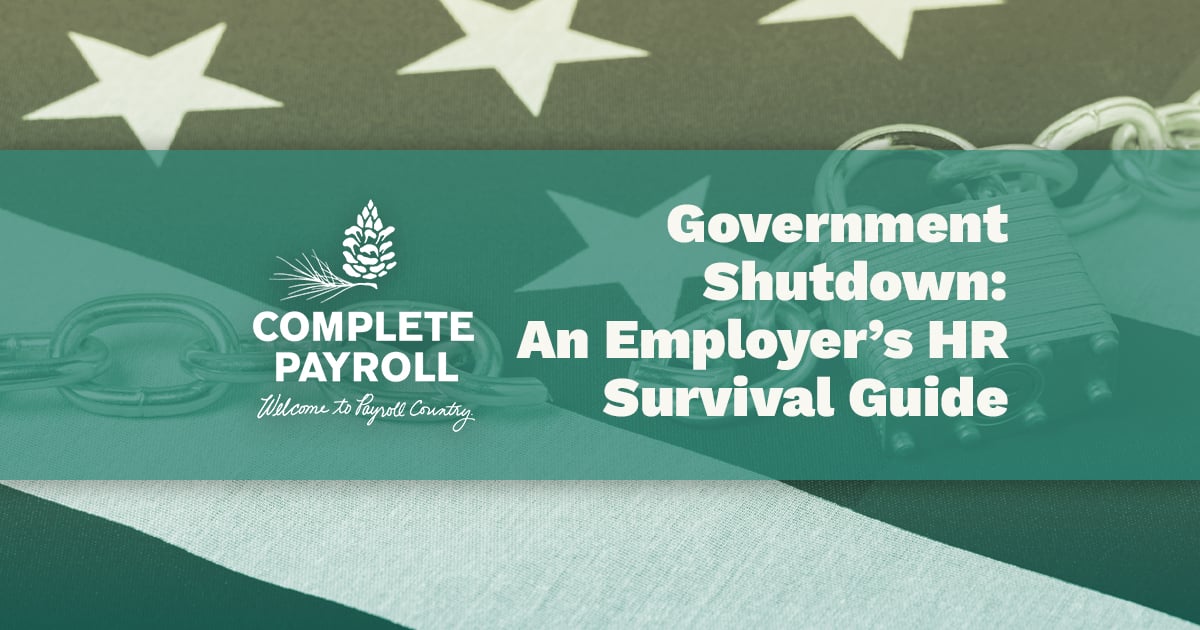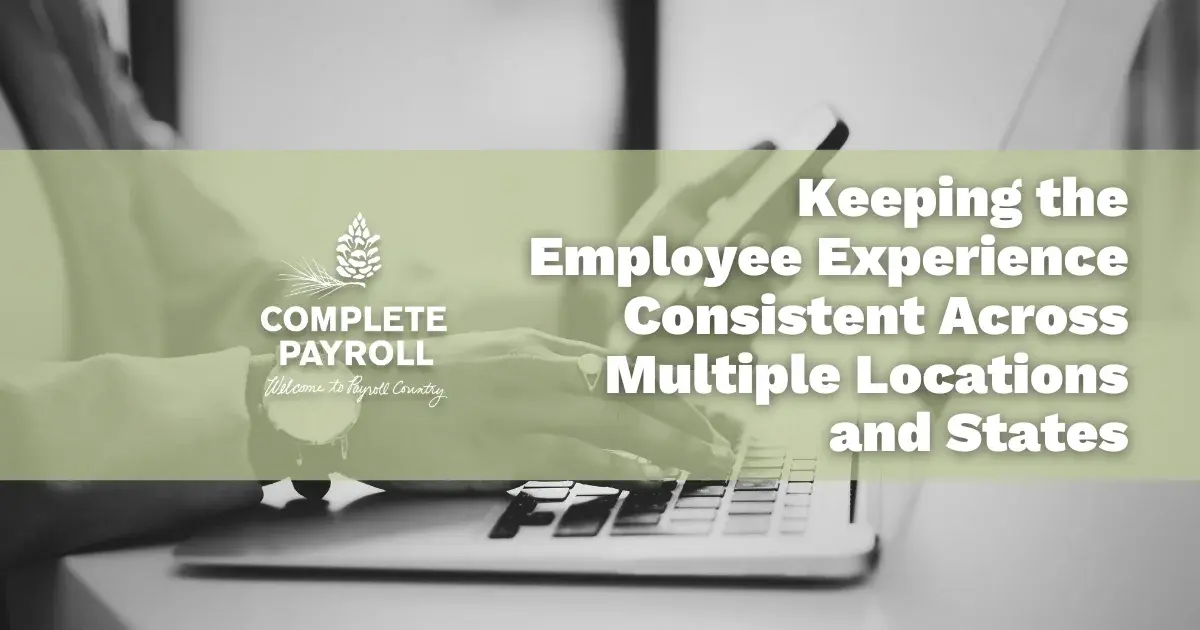Last Updated: January 5, 2024
A couple weeks ago, we discussed the reasons for conducting exit interviews. When employees leave, the exit interview can help you understand why. You may not be able to convince the departing employee to stay, but you may be able to make improvements that help you retain others.
In this article, we’re going to focus on another kind of employee interview—the stay interview. Like the exit interview, the stay interview solicits employee feedback; but instead of being conducted as an employee exits, it’s conducted before employees decide to leave. As the name implies, the stay interview asks employees why they stay.
Preparing for Stay Interviews
Stay interviews ask employees to assess what they like and dislike about working for their organization. But if employees fear reprisal, they may be hesitant to speak candidly. For stay interviews to be effective, employees need to know they can trust the interviewer specifically and their employer generally. And they need to know that their employer will listen to them and strive to make improvements based on what they learn.
Some of this trust-building will take time. Employees will probably become more open and expressive after they’ve been interviewed a few times, especially if they’ve seen changes made in response to their feedback. However, when you first get started with these interviews, it’s helpful to reassure employees that the answers they give will not affect their performance reviews or result in any kind of retaliation.
Scheduling Stay Interviews
Thirty minutes or less should be sufficient. Make sure you first ask the questions you most want answers to, as some employees may have long answers that lead to a fruitful, but possibly tangential, conversation.
How often you conduct these interviews will likely depend on how many employees you have, who you have conducting the interviews (individual managers or HR), and whether you have regular check-ins with employees.
If managers have regular one-on-one meetings with their employees, then conducting a stay interview once a year should be sufficient. In fact, a great way to start every regular one-on-one meeting is to ask how things are going for the employee. If you’re regularly chatting with employees about these matters—say once or twice a month—a separate stay interview might not be necessary. However, having HR conduct a separate stay interview can be helpful in cases where employees are not comfortable discussing these matters with their manager.
Executing Stay Interviews
You may wish to open the interviews with a statement such as, "Thank you for meeting with me. I wanted to have an informal discussion about how your job is going, how you enjoy working here, and what we can do to support you. We value your feedback, and we want this to be a great place to work."
Open-ended questions are best, as they can provide more actionable information. But it’s also important to limit your questioning to matters that are within your power to change. There’s no sense in asking if an employee is happy with their rate of pay if their rate of pay cannot be increased. Asking about pay in this case might give you additional information, but it’s likely to cause frustration on the employee’s part when nothing comes of their feedback.
Here are a few stay interview questions you might consider asking:
- What do you look forward to when you come to work each day?
- What do you like most or least about working here?
- What keeps you working here?
- If you could change something about your job, what would that be?
- What would make your job more satisfying?
- What would you like to learn here?What motivates (or demotivates) you?
- What can I do to best support you?
- What can I do more of or less of as your manager?
- What might tempt you to leave?
Closing the Interviews
At the close of the stay interview, review the highlights of the discussion and let the employee know what to expect going forward. You might say something like, "Thank you for taking the time to meet with me and share this feedback. I am committed to doing what I can to address your concerns. You'll receive a recap from me about our discussion, and please feel free to come and ask questions about the items we've discussed."
Documenting the Interviews
To ensure that you and the employee are on the same page about what was discussed during the stay interview (or regular check-in), take notes about what was discussed and share them with the employee afterwards. Something like, “Here’s a recap of what we’ve discussed. If I missed anything or if you have any additional feedback, please let me know and I’ll be happy to add it to the list.”
Follow-up
If any changes are made because of the employee’s feedback, be sure to let the employee know in the recap. Also let them know if any expected or desired changes couldn’t be made, and why (if appropriate). Transparency is key, particularly as you won’t be able to fix everything or please everyone. Employees may not like the way everything is done, but if you share with them the reasons the company behaves the way it does, they’ll be more likely to trust you and share their concerns in the future.



















 Get Instant Blog Notifications
Get Instant Blog Notifications


